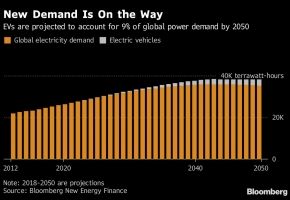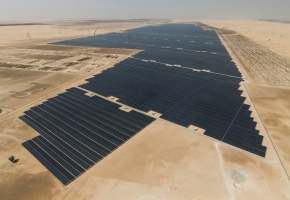Heat waves are dominating summer, killing thousands, and fueling wildfires: the world needs to prepare more

Europe is simmering in its heat wave of the summer, fueling devastating wildfires and threatening millions of people.
Europe isn't the only place sweltering. Almost all of the Northern Hemisphere has experienced record heat this month, from China to North Africa to the United States. These are the latest in a series of simultaneous heat waves across the planet this year.
"The likelihood of getting a heat wave is increasing simply because it's warming. And that's happening pretty much anywhere across the globe," said Deepti Singh, a climate scientist at Washington State University, who lived through an unprecedented heat wave that caused more than 1,400 deaths in the Pacific Northwest last year. At the time, Europe was suffering extreme heat, too.
Concurrent heat waves are becoming more common as global temperatures rise. This summer may stand out as especially hot in recent memory, but scientists warn this could become normal. With the looming reality of vast, long-lasting, historic heat waves dominating summers, researchers say the world must cut greenhouse-gas emissions that are causing temperatures to rise.
At the same time, cities should get ready to take the heat. That means increasing greenery, to provide residents more shade and covering surfaces like asphalt, which heats up significantly in direct sunlight.
Governments can adapt infrastructure to new extreme temperatures, to avoid railways buckling, cables melting, and power failing. It also means adding social infrastructure, like cooling centers, policies to protect people who work outdoors, and robust warning systems.
Image: Sarah Grillo/Axios







